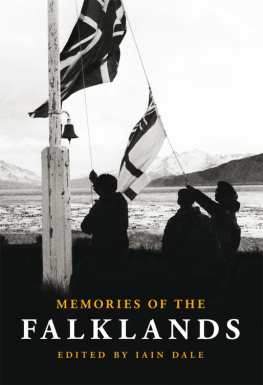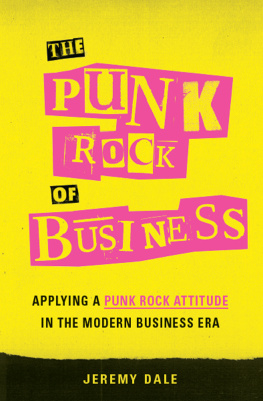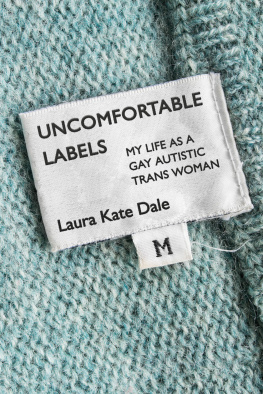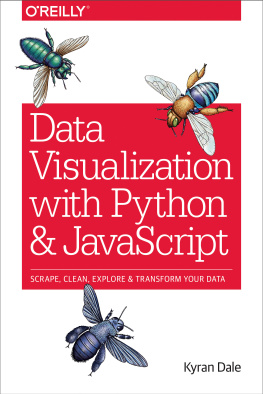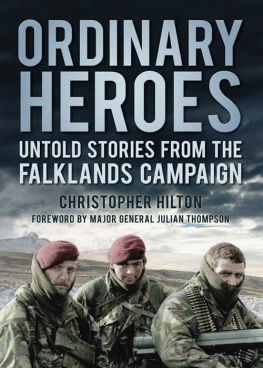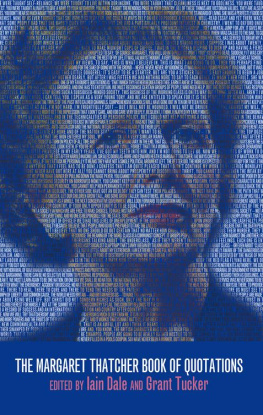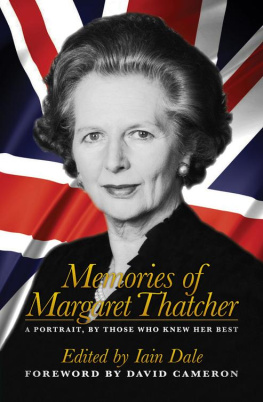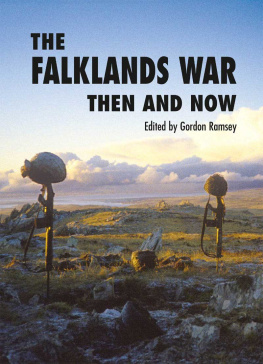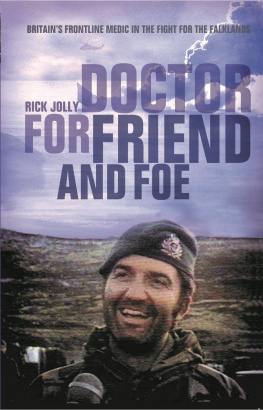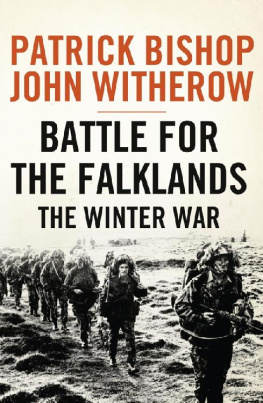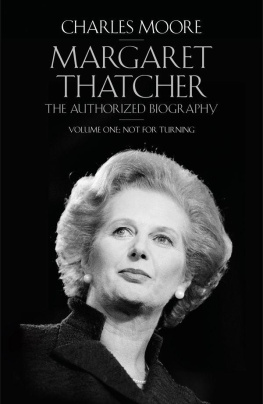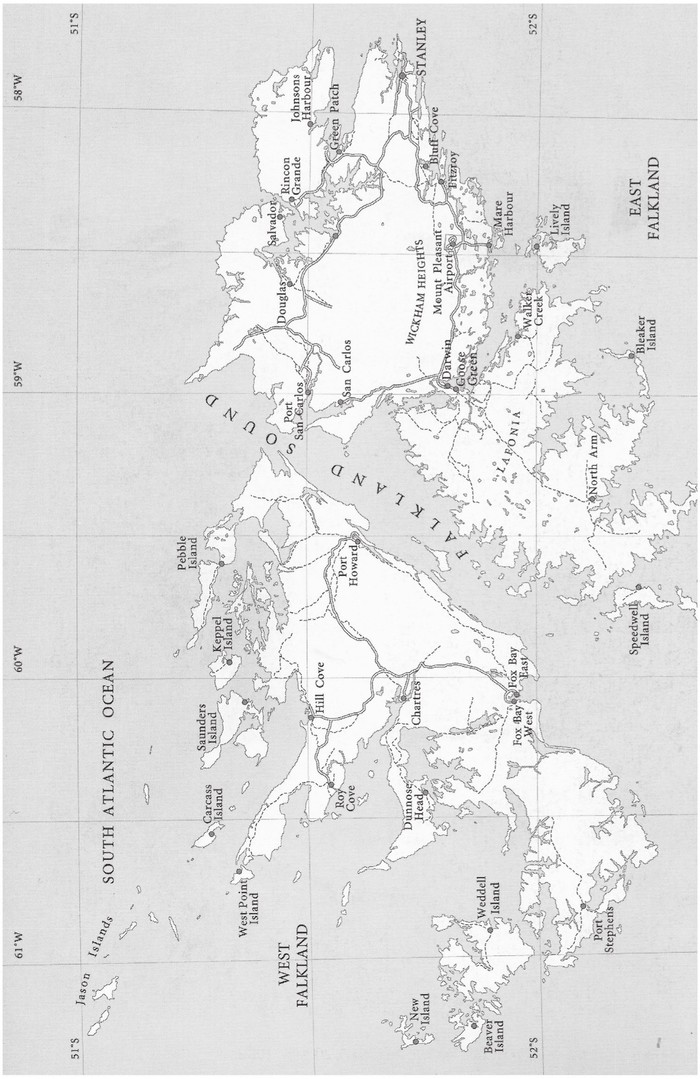We owe an enormous debt of gratitude to the men and women of our Armed Forces who are often called on to serve in difficult circumstances around the world. If, through the efforts of this Foundation, we can relieve some of the pressures under which they work, then we not only demonstrate our thanks to them but we also contribute towards the better efficiency and morale of all those who serve this country.
J im Davidson set up the British Forces Foundation thirteen years ago to provide morale-boosting entertainment to Britains Armed Forces on Operations. Believing passionately in the sacrifices our Servicemen and woman make, he formed a charity dedicated solely to protecting and boosting their morale in times of need.
With the support of HRH The Prince of Wales, Baroness Thatcher and an array of high-profile Trustees from the Armed Forces, diplomatic corps and world of entertainment, the charity has put on some spectacular shows. It has also been behind significant campaigns which have made an important impact on the morale of frontline troops from Afghanistan and Iraq to the Falklands. In September 2001, Status Quo gave a rip-roaring show to 12,000 service personnel and their families in Germany. To name a few. It is difficult to imagine, yet nonetheless essential, to appreciate just how important these shows are.
Today the work of the Foundation is more important than ever before.
Your support to the British Forces Foundation sends out a very clear and positive message to the men and women of our Armed Forces. It says you care and support what they are doing and the sacrifices they are making.
Your support is greatly appreciated. Thank you.
O n 2 April 1982, I was on holiday, visiting friends, the Weber family, in the German spa town of Bad Wildungen. I was 19, and was on an Easter break from my degree course in German at the University of East Anglia in Norwich. After dinner, we sat down to watch TV. I watched incredulously as the newsreader told us of the Argentine invasion of the Falkland Islands. Unlike most people in Britain, I had a vague idea of where the Falklands were, due to my childhood stamp collection. My German friends assumed that they lay off the coast of Scotland. Herr Weber, a veteran of the Russian front in the Second World War, said: Itll all be settled by diplomacy . I remember vividly replying: I doubt it very much. Margaret Thatcher is not known as the Iron Lady for nothing. I think therell be a war.
No, no, replied Herr Weber. There will be a compromise. Theyll bring in the United Nations. People dont fight wars over small colonies anymore.
Trust me, I said. You dont know Margaret Thatcher.
A few weeks later, back at university, I was asleep in my room one morning when there was a knock at the door. Oh, youre still alive then, an anonymous voice said. Still half asleep, I didnt really think anything of it and dozed off again. A few minutes later, the same thing happened. Glad to see youre still with us, said my next-door neighbour. Strange, I thought.
Later on, in the kitchen, someone asked if I had seen the papers yet. I said I hadnt. You ought to, came the reply.
I remember it as if it were yesterday: turning to page two of the Daily Mail and seeing my name. Killed in action in the Falklands.
But it wasnt me. It was Welsh Guardsman Ian Dale, aged 19, from Pontypridd.
It was like being hit in the solar plexus. Tears streamed down my face, as they were to do many times over the next few weeks.
Nothing else could have brought home to me the terrible waste of war like this did.
I was the same age. It could have been me.
Not long afterwards, I attended a debate at the university between the president of the Students Union and leading light in the University Labour Club, Mark Seddon, and someone whose name I now forget but who was on the extreme left. I was horrified that such a debate could take place between the soft left and hard left with no other viewpoint being put forward. So up I stood and defended the sending of the Task Force and our right to retake British sovereign territory. That was my first real experience of the cut and thrust of political debate. And I enjoyed it. It was the catalyst for my getting involved in politics an interest that endures to this day.
For me, the Falklands War was a formative experience. My father was a teenager during the Second World War and even now he is most happy when he is reading about it or watching TV documentaries on it. I remain fascinated by the political, military and personal consequences of the Falklands War. I remember watching the TV pictures of HMS Sheffield in flames, of the helicopter rescues from burning ships, with tears welling in my eyes. I remember the sleepinducing tones of the Ministry of Defence spokesman Ian McDonald at his daily press conferences. I remember the fury that overcame me as I watched the BBCs Panorama programme which sought to pour scorn on the war. I remember John Nott announcing the retaking of South Georgia late at night in Downing Street and Margaret Thatcher urging the journalists present not to ask more questions but to rejoice at the news.
But most of all, I remember the sense of relief, national pride and joy that most of the country felt as they watched the Union Jack being hoisted again over Government House in Port Stanley. It was a day that helped Britain regain its national pride, which many felt had been lost twenty-six years earlier in the depths of the Suez Canal. In my opinion, 14 June 1982 will be seen by future histories as a turning point in British history. It was a day which showed that Britain was no longer a soft touch and had the ability to stand up to aggressors. Most important of all, it demonstrated a resolve to the communist world, and the Soviet Union in particular, which they thought we had lost years before.
This book has no political viewpoint and does not seek to address the rights and wrongs of political or military strategy. It is a collection of personal memories, anecdotes and reminiscences. Its as simple as that.

